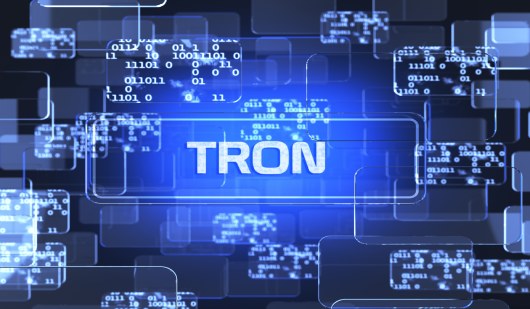-
In the realm of blockchain technology, creating and deploying custom tokens has become a pivotal aspect of decentralized ecosystems. Among the various blockchain platforms available for blockchain app development, TRON stands out with its robust infrastructure and developer-friendly environment. In this comprehensive guide, we'll explore the intricacies of TRC-20 token development, offering insights and practical steps for building tokens on the TRON blockchain.
Understanding TRC-20 Tokens
TRC-20 tokens are digital assets created and managed on the TRON blockchain according to a specific technical standard. Similar to Ethereum's ERC-20 standard, TRC-20 tokens adhere to a set of protocols and interfaces, ensuring interoperability and compatibility within the TRON ecosystem. These tokens can represent various assets, including utility tokens, stablecoins, and digital collectibles, among others.
Key Components of TRC-20 Token Development
Smart Contract Development
TRC-20 tokens are implemented as smart contracts on the TRON blockchain, written in Solidity or other compatible programming languages. Developers define the token's properties, such as name, symbol, total supply, and decimal precision, within the smart contract code.
Explore | Smart Contract Development Services
Token Deployment
Once the smart contract code is written and tested, developers deploy the token contract onto the TRON blockchain using tools such as TronBox, TronWeb, or Truffle Suite. Deployment involves interacting with TRON's network infrastructure and deploying the contract to a specified address.
Token Configuration
After deployment, developers can configure additional parameters of the token, such as initial supply allocation, minting and burning capabilities, and access control mechanisms. These configurations are typically managed through smart contract functions and can be updated as needed.
Integration with Wallets and Exchanges
To enable users to interact with TRC-20 tokens, developers integrate token functionality into compatible wallets and decentralized exchanges (DEXs). This integration involves implementing standard interfaces for token transfers, balances, and approvals, ensuring seamless interoperability across different platforms.
Also, Check | Why Prefer Tron Platform for Token Development
Security Considerations
Security is paramount in TRC-20 token development, and developers must follow best practices to mitigate risks such as code vulnerabilities, malicious attacks, and unauthorized access. Auditing the smart contract code, implementing access controls, and enforcing proper authentication mechanisms are essential steps in ensuring the security of the token ecosystem.
Advantages of TRC-20 Token Development
Efficiency
TRC-20 tokens leverage TRON's high throughput and low latency blockchain infrastructure, enabling fast and cost-effective transactions for users.
Scalability
With TRON's scalable network architecture, developers can deploy and manage large-scale token ecosystems with ease, accommodating growing user demand and transaction volumes.
Interoperability
TRC-20 tokens are compatible with various TRON applications and platforms, facilitating seamless integration and interoperability within the broader TRON ecosystem.
Community Support
The TRON community actively supports token development and adoption, providing resources, documentation, and community-driven initiatives to empower developers and foster innovation.
Decentralization
By leveraging TRON's decentralized network, TRC-20 tokens offer censorship resistance, immutability, and trustless operation, ensuring the integrity and security of token transactions.
You may also like | Using TRON Blockchain for Innovative DApps Development
Conclusion
TRC-20 token development presents an exciting opportunity for developers to create custom tokens and digital assets on the TRON blockchain. With its robust infrastructure, developer-friendly tools, and growing ecosystem, TRON offers a conducive environment for innovative token development. By following best practices, leveraging community resources, and embracing the principles of decentralization, developers can unlock the full potential of TRC-20 tokens and contribute to the evolution of decentralized finance (DeFi), digital asset management, and tokenized ecosystems on the TRON blockchain.
If you want to develop your project using the TRC20 token standard, connect with blockchain developers.

Our Offices
INDIA
Emaar Digital Greens, Sector 61,
Gurugram, Haryana
122011.
Welldone Tech Park,
Sector 48, Sohna road,
Gurugram, Haryana
122018.













